23, March 2018
EU recalls envoy to Moscow, member states expelling Russian diplomats 0
The EU recalls its envoy to Russia over a nerve agent attack on British soil as several members of the bloc consider expelling Russian diplomats.
EU leaders issued a statement in Brussels Thursday, saying it is “highly likely Russia is responsible” for poisoning Soviet-era spy Sergei Skripal and his daughter, Yulia, in a British town earlier this month.
The Skripals were found unconscious on March 4 on a bench in the British city of Salisbury. They remain hospitalized in critical condition.
Britain claims the Soviet-designed Novichok nerve agent has been used to poison the pair and points the finger at Russia.
Moscow has rejected the claims as “absurd”, saying the substance used in the attack could have originated from the countries studying it, including the UK itself.
Dutch Prime Minister Mark Rutte said the EU leaders at the Brussels summit on Thursday agreed to recall the European Union’s ambassador to Moscow for consultations.
AFP quoted an unnamed EU official as saying that “some member states are looking into possibly expelling Russian diplomats or recalling national diplomats.”
British media reports identified those countries as France and Russia’s closest European neighbors, including Estonia, Lithuania, Latvia and Poland.
The poisoning incident has worsened already tense ties between the EU and Russia.
Britain expelled 23 Russian diplomats in the aftermath of the poisoning incident, and has been pressing its European allies to follow suit.
Lithuania’s President Dalia Grybauskaite said, “All of us we are considering such measures.”
British Prime Minister Theresa May told EU leaders that the poisoning case is part of a “pattern of Russian aggression,” warning that Moscow would pose a “threat” for the “years to come.”

Separately, she held talks in Brussels with French President Emanuel Macron and German Chancellor Angela Merkel, who also urged a “strong European message” to Moscow.
In accusing Russia, the UK however has not presented any evidence. Earlier this week, experts of the Organization for the Prohibition of Chemical Weapons (OPCW) arrived in the UK for a probe into the attack. They say it could take up to three weeks to analyze the samples gathered from the scene.
As the Europeans deliberated, Russia’s Ambassador to Britain Alexander Yakovenko warned that the UK has “bad record of violating international law and misleading the international community.”
History shows that British statements must be verified,” he added, urging a “full transparency of the investigation” as well as cooperation with Moscow and the OPCW experts.
Moscow has repeatedly called on London not jump to conclusions, offering cooperation with London in probing the case.
Russia responded to the UK’s expulsions by expelling exactly the same number of British diplomats, and has vowed it would hit back if London fails to stop its anti-Moscow measures.
Source: Presstv


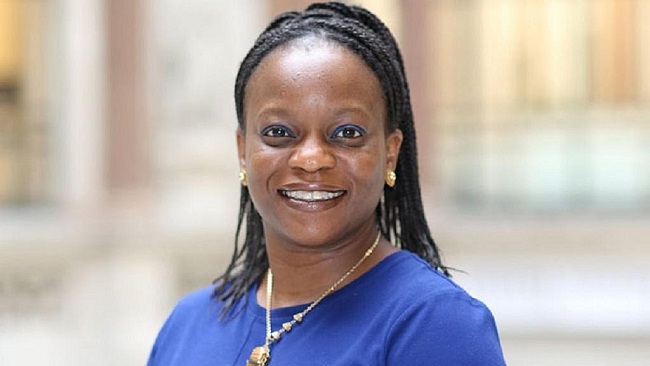


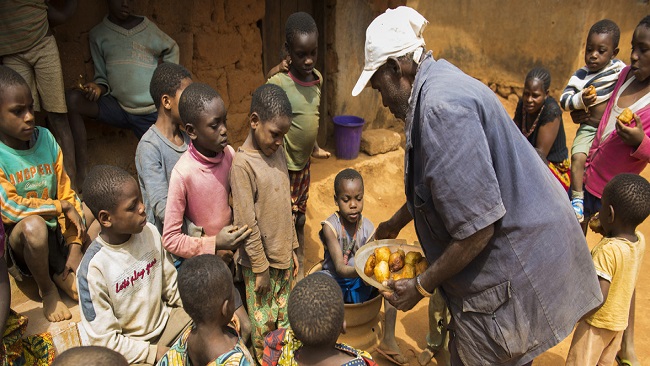
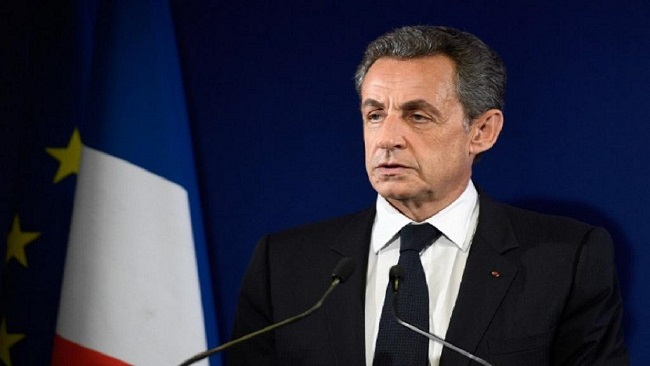

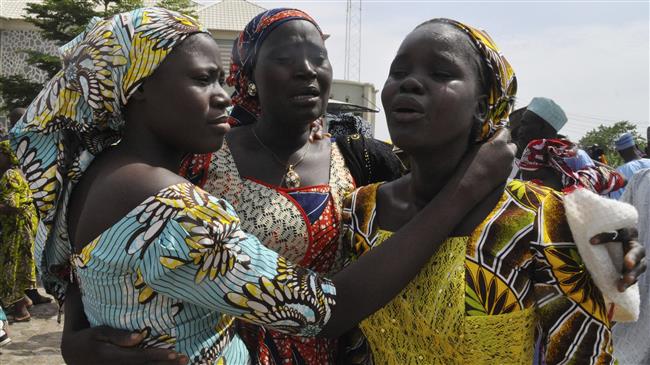

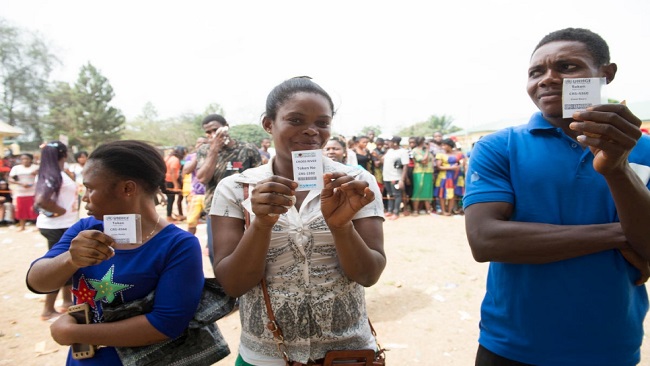
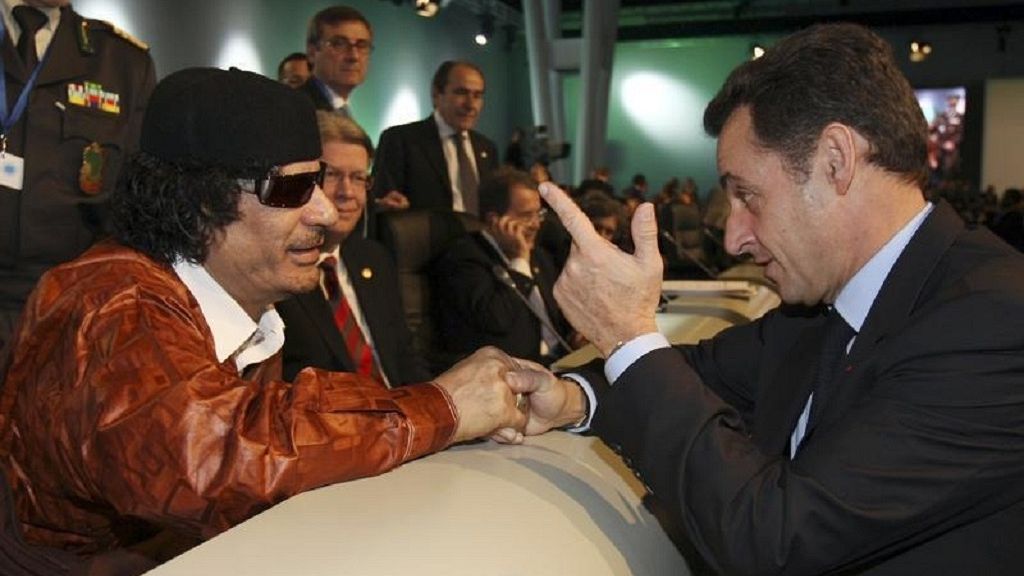












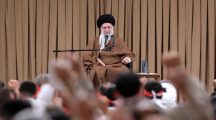





23, March 2018
UN says Libya still living with killings, torture, slave markets 0
A UN rights report sheds light on the plight of Libyans seven years after a NATO-led military intervention there, saying rival armed groups in the North African state continue to kill and torture civilians with impunity, while Europe-bound refugees are still being bought and sold in “open slave markets.”
In a report to the Human Rights Council on Wednesday, the United Nations human rights office said ordinary Libyans and refugees in the North African state are still being arbitrarily held in appalling conditions with no access to the outside world.
In March 2011, a multi-state NATO-led coalition began a military intervention in Libya a month into an uprising against the country’s then dictator, Muammar Gaddafi.
That mission, which was said to be aimed at paving the way for a ceasefire in Libya and ending attacks against civilians, came to an end in October that year after the fall and death of Gaddafi amid the uprising.
Seven years on, Libya remains a lawless state, with various rival armed factions vying for power. The country is now split between two governments based in the east and the west.
Libya’s coastlines are also largely in the hands of armed groups who smuggle refugees onto boats heading for Italy and Europe.
He explained that armed groups are “the main perpetrators of grave human rights violations and act with almost complete impunity.”
According to Gilmour, detention centers run by armed groups, “including those with links to ministries,” have the worst record.
The Libya-Italy route has been one of the major passageways for the asylum seekers attempting to reach wealthier European states.
Amid the mayhem in Libya, a CNN video grabbed news headlines late last year, showing an auction, where refugees captured by traffickers were being sold into slavery.
The report caused international outrage and prompted rights groups to blame Europe for the crisis. They said as long as European countries refuse to create safer and legal means for refugees to reach the continent, people will continue to suffer.
The footage also triggered protest rallies in several European countries, with the participants pointing the finger of blame for the chaotic situation in the state at Europe, which supported the 2011 military intervention.
According to the UN refugee agency, Libya hosts 43,113 refugees seeking to travel to Europe. Up to 90 percent of people taking a perilous sea journey to Europe depart from Libya.
EU diplomat Carl Hallergard said that refugees and activists were subjected to “unlawful detentions, abductions, torture, forced labor and sexual and gender-based violence.”
The European Union said it is “deeply also concerned about reports of migrants and refugees allegedly being sold as slaves and call on the Libyan authorities to investigate and hold persons responsible for those acts accountable.”
Source: Presstv